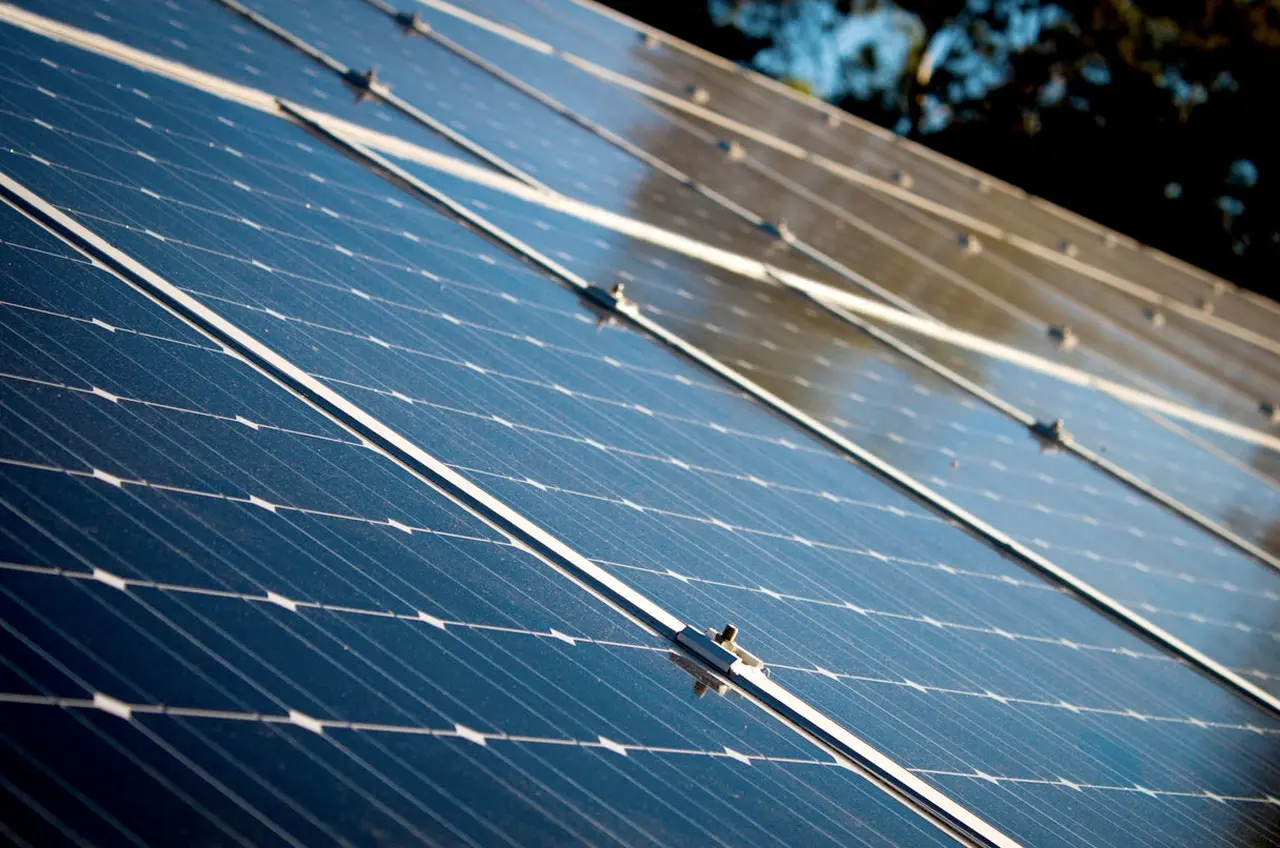The Supply Is Infinite
Probably the best thing about renewable energy is that there is an infinite source. Since these types of energy are powered by natural sources in the environment, they will never ever run out. People can use renewable energy continuously and the source will replenish itself. For example, with solar energy, it does not matter how many solar panels are used in buildings or skyscrapers because there will be unlimited supply as long as the sun keeps on shining. This is what makes it sustainable.
Fossil fuel supply, on the other hand, is finite. This means that it will run out and will not last forever. As the term “fossil” implies, these fuels began to form hundreds of millions of years ago. With the rise of industrialisation and technology, man started to consume an incredible amount of the discovered fossil fuel sources in just over 200 years, compared to earlier years of civilisation that did not consume much of these fuels.




